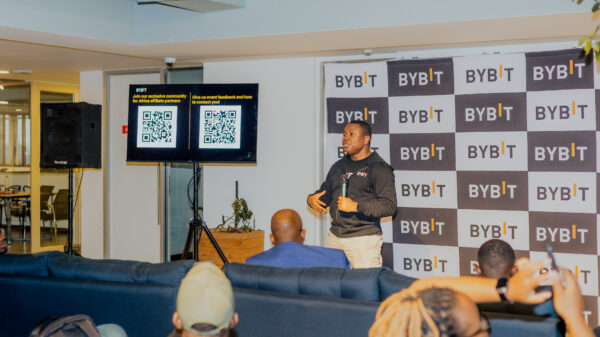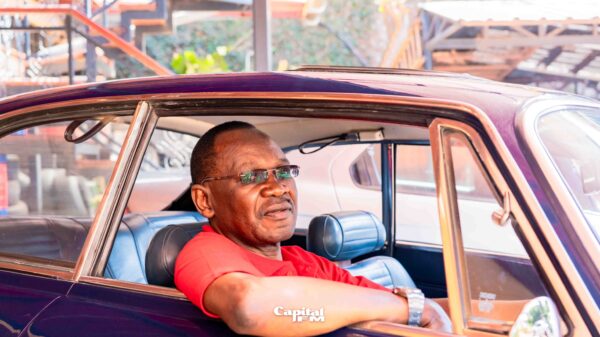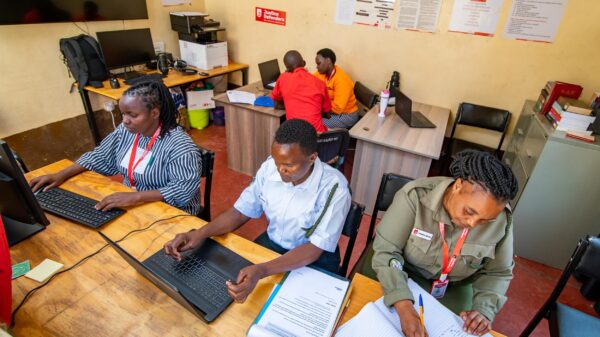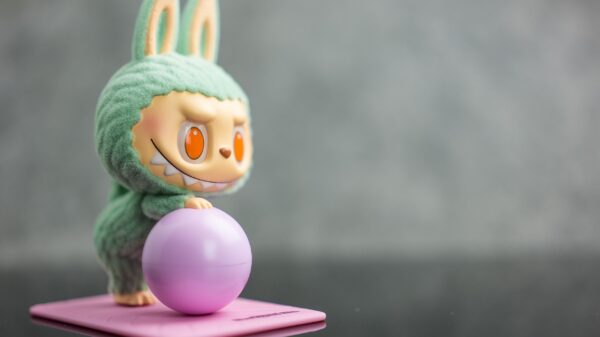Yvette Ondachi is the founder of Ojay Greene, and recent winner of Pitch for Impact.
So Yvette, why did you decide to become an entrepreneur?
I wanted to make a change in our country and I was concerned about poverty levels.
I started my career as a sales representative, went into marketing in pharmaceuticals, and amazingly, I got to travel across East Africa. One big thing that struck me was the divide between the rich and poor. There was absolutely no guarantee that the poor could buy good drugs. Less than 15% of people in the country have access to quality medications. So my biggest driving force was when I became aware of big divide between rich and poor in these countries and I decided I wanted to make a change.
What are some of the challenges you are anticipating right now?
Entrepreneurship is definitely not a walk in the park especially because the solutions we are giving smallholder farmers have to do with behavior change.
As we know, that doesn’t happen overnight. The barriers smallholder farmers face to productivity is that despite advances made in mobile money etc., very little advances have been made in agriculture. The techniques used are from hundreds of years ago like horns and waiting for rains. Ojay Greene is trying to make farmers more profitable from new techniques. That won’t always be embraced because it’s new. People fear change the most. So that’s a challenge we are looking at.
We could also get an overwhelming response from farmers that is beyond our capacity to manage. We don’t want to have to turn smallholder farmers away.
The other thing is that from the market side, a lot of people are in business because it is profitable, period. They are not always in the business of changing people’s lives. Therefore there is no guarantee our partners will pay attention to us or buy into our platform, so I’m concerned we might not get the right kind of partners.
What is your secret sauce that will make you succeed?
I think I am extremely tenacious. I just don’t know when to stop [laughs]. Just joking. But I have a stubborn will and that gives me resilience. That’s why I’m doing what I’m doing. I could be doing more profitable things.
My resilience has taken me so far because failure doesn’t exist in my vocabulary.
Being someone who has had a career before, do you think your past has shaped your present and future?
It has been very helpful because my career had to do with a strategic, commercial role. I was building companies through sales, marketing, and strategy. So this background makes me understand that my social mission is viable and makes business sense, and makes reasonable margins. My background also helps me negotiate good prices on behalf of our farmers and other stakeholders.
Do you see movement of career professionals into the entrepreneurship scene?
One factor is age. When people get older, they get more comfortable in their roles. People working in very stable organizations have trouble jumping out of their jobs because entrepreneurship looks like a huge risk.
If we have professionals with a sense of justice and strong sense of determination, they will join the entrepreneurs in trying to shape our society.
The other group of professionals I see that may jump in are people who have reached self-actualization. They have already gotten the t-shirt in their career, so to speak. So they are looking for a new challenge.












































